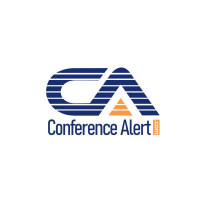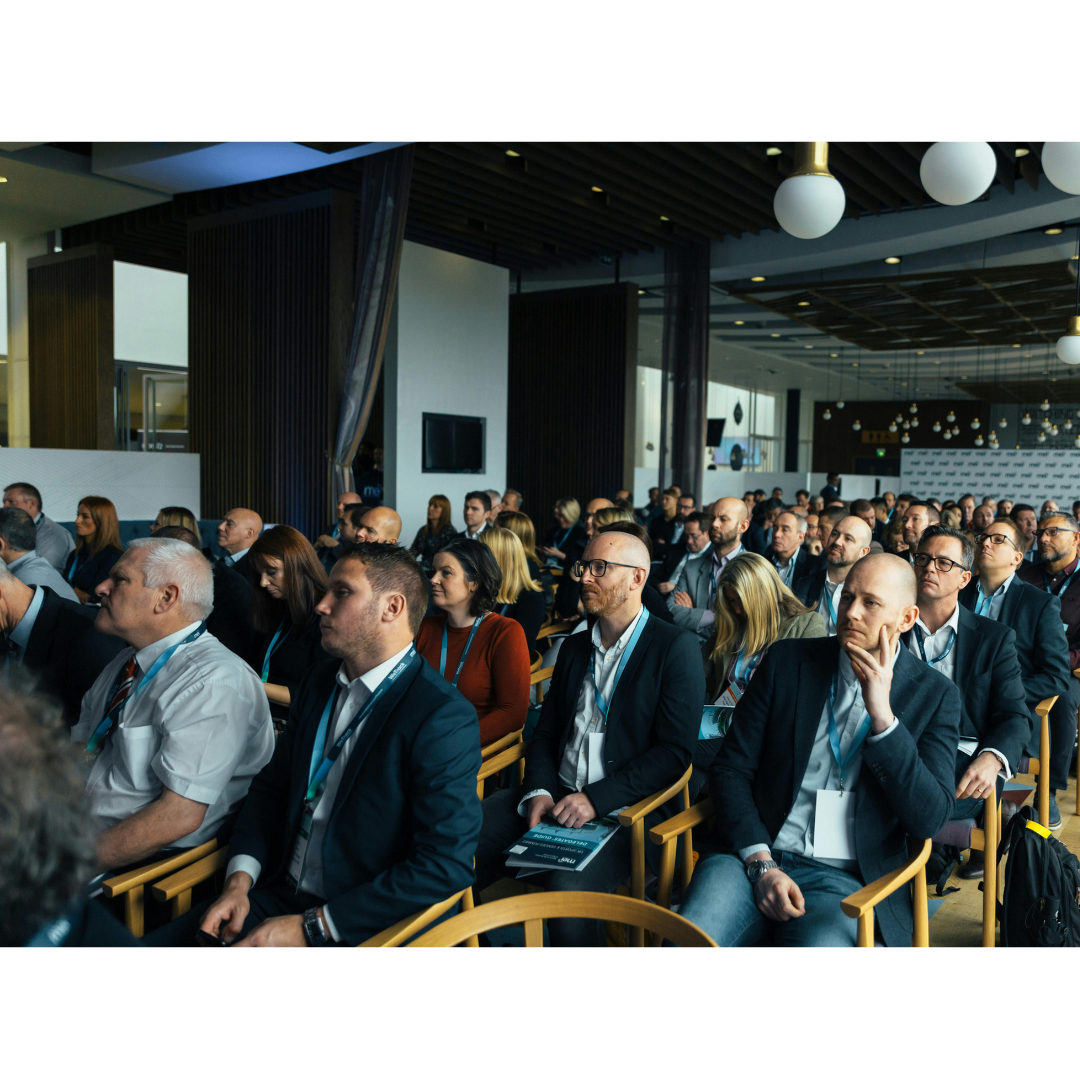Best Engineering Conferences for Students to Publish Papers

For engineering students aiming to boost their academic profiles and gain recognition for their research, presenting papers at Engineering Conferences is a powerful step forward. These conferences not only provide a platform to showcase innovative ideas but also open doors to peer feedback, networking, and potential publication in reputable journals or proceedings. Whether you're an undergraduate or postgraduate student, selecting the right conference can make all the difference in turning your hard work into a published success.Best options tailored specifically for students looking to publish their engineering papers.
Why Publish at Engineering Conferences?
For students, especially those new to academic publishing, engineering conferences serve as a stepping stone into the world of research. Here's why they matter:
Academic Exposure: Presenting at a conference allows students to share their research with professors, professionals, and fellow students.
Feedback & Improvement: Constructive criticism from experts can help refine your research and improve your academic writing.
Networking: You get to meet peers, scholars, and industry professionals who share your interests.
Publication Opportunities: Many conferences publish accepted papers in indexed journals or proceedings, enhancing your academic portfolio.
Career Advancement: Having a published paper strengthens resumes and makes candidates stand out in job interviews or postgraduate applications.
What Makes a Conference Ideal for Students?
Not all engineering conferences are created equal. Here are the key features that make a conference student-friendly for paper publication:
1. Student Paper Tracks
The best conferences have separate sessions or tracks dedicated to student research. These are usually less intimidating and more accessible for first-time presenters.
2. Supportive Review Process
Top student-friendly conferences offer detailed peer reviews or mentoring sessions, helping students improve their submissions even before the final presentation.
3. Indexing and Recognition
Conferences affiliated with indexing services like Scopus, IEEE, or Springer offer added credibility to your paper and wider academic recognition.
4. Low to Moderate Fees
Conferences aimed at students often have discounted registration fees or provide scholarships and travel grants to reduce the financial burden.
5. Opportunities for Poster Presentation
For early-stage research or students new to publishing, poster sessions offer a more relaxed platform to present findings and interact with attendees.
Types of Engineering Conferences Suitable for Student Papers
Engineering is a diverse field, and different disciplines have their own focus areas and expectations for research publication. Some common types include:
Mechanical Engineering Conferences: Ideal for topics on thermodynamics, robotics, CAD/CAM, and manufacturing processes.
Civil Engineering Conferences: Focus on infrastructure, smart cities, environmental sustainability, and construction technology.
Electrical & Electronics Conferences: Include themes like embedded systems, renewable energy, circuit design, and power systems.
Computer Science Conferences: Cover areas such as artificial intelligence, machine learning, cybersecurity, and cloud computing.
Interdisciplinary Conferences: These welcome research from multiple engineering branches and encourage cross-domain innovations.
Tips for Students Submitting Papers to Engineering Conferences
If you're considering submitting a paper, here are a few tips to enhance your chances of acceptance and make the most of the experience:
Start Early: Research your topic thoroughly and begin writing well before the submission deadline.
Follow Guidelines Precisely: Every conference has specific formatting and submission requirements don’t ignore them.
Get Feedback: Before submitting, ask a professor or mentor to review your paper.
Practice Your Presentation: Whether oral or poster-based, rehearse your delivery to communicate your ideas clearly.
Engage with Attendees: Use the event as a learning experience—ask questions, join discussions, and make connections.
Participating in engineering conferences as a student is an incredibly rewarding experience, especially when it involves sharing your own research. The right conference provides a supportive environment to grow academically, gain recognition, and develop essential soft and technical skills.
Note: IndiBlogHub features both user-submitted and editorial content. We do not verify third-party contributions. Read our Disclaimer and Privacy Policyfor details.






